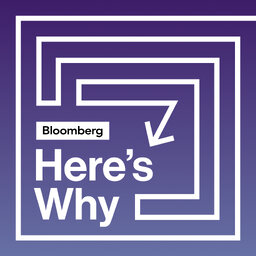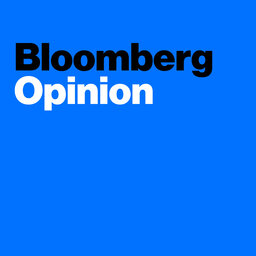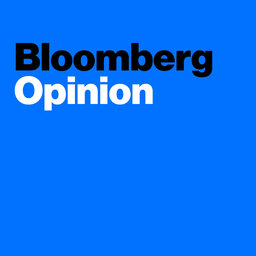Donald Trump, Manhattan Real Estate, and Taylor Swift
Bloomberg Opinion's Jonathan Bernstein joins to talk about the GOP and Donald Trump in the wake of his latest indictment. We also discuss the nation's hottest real estate market: Manhattan. Columnist Justin Fox has the details on that story. Erin Lowry and Jonathan Levin join, talking about the value of a college education and Taylor Swift. Amy Morris hosts.
In 1 playlist(s)
Bloomberg Opinion
Deeper conversations on the week's most significant developments. Tune in and join in!Social links
Follow podcast
Recent clips

Introducing 'Here's Why' - Complex News Stories Explained
00:30

Airline Mergers and Restaurant Loyalty
35:20

Fossil Fuel Use and Drug Development
35:28
 Bloomberg Opinion
Bloomberg Opinion